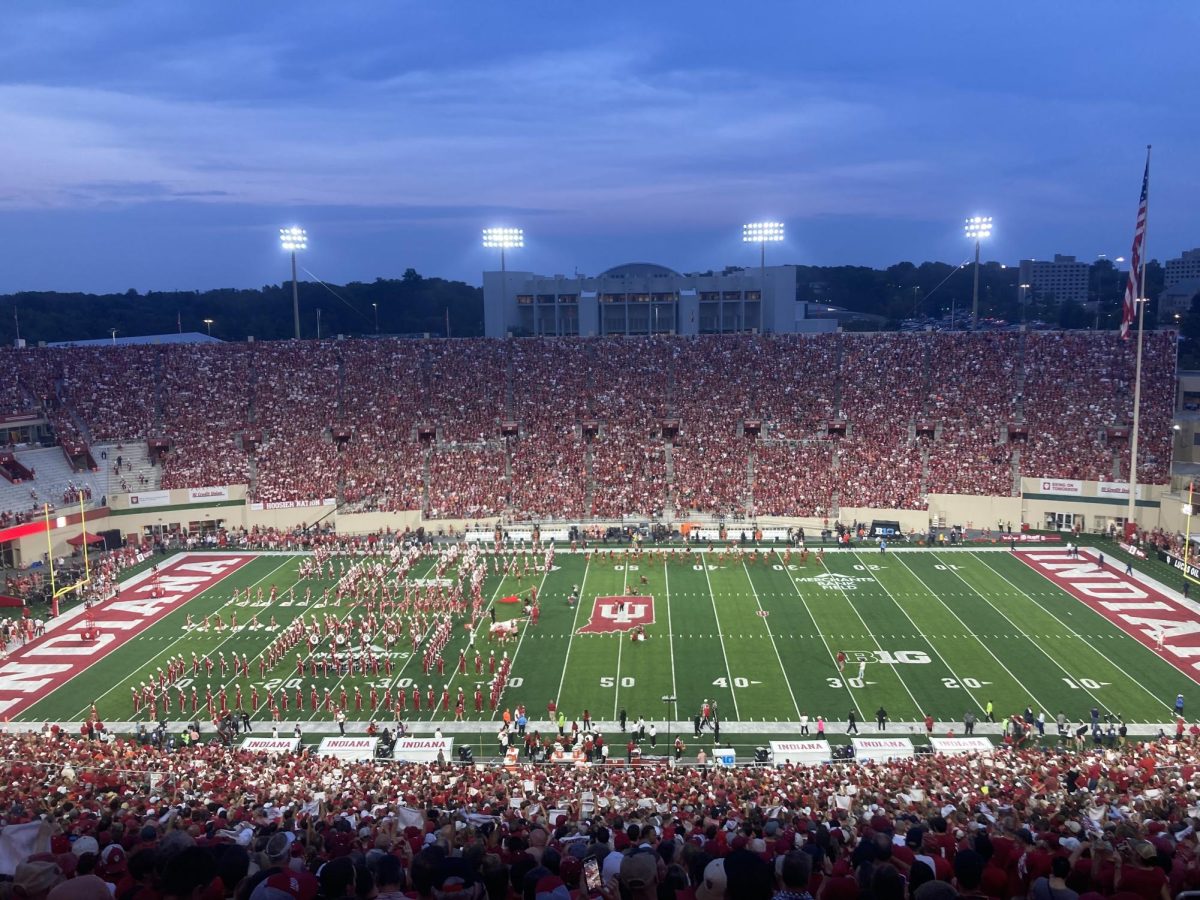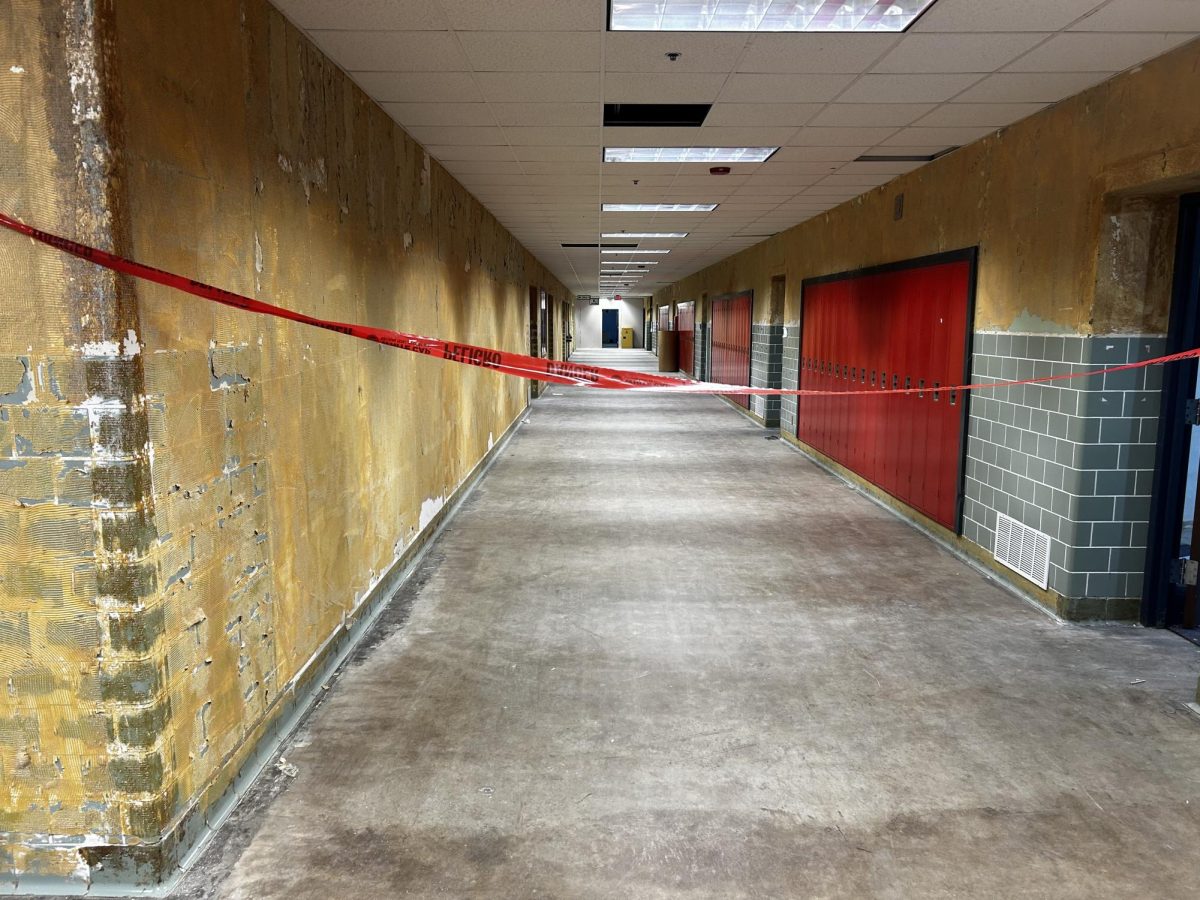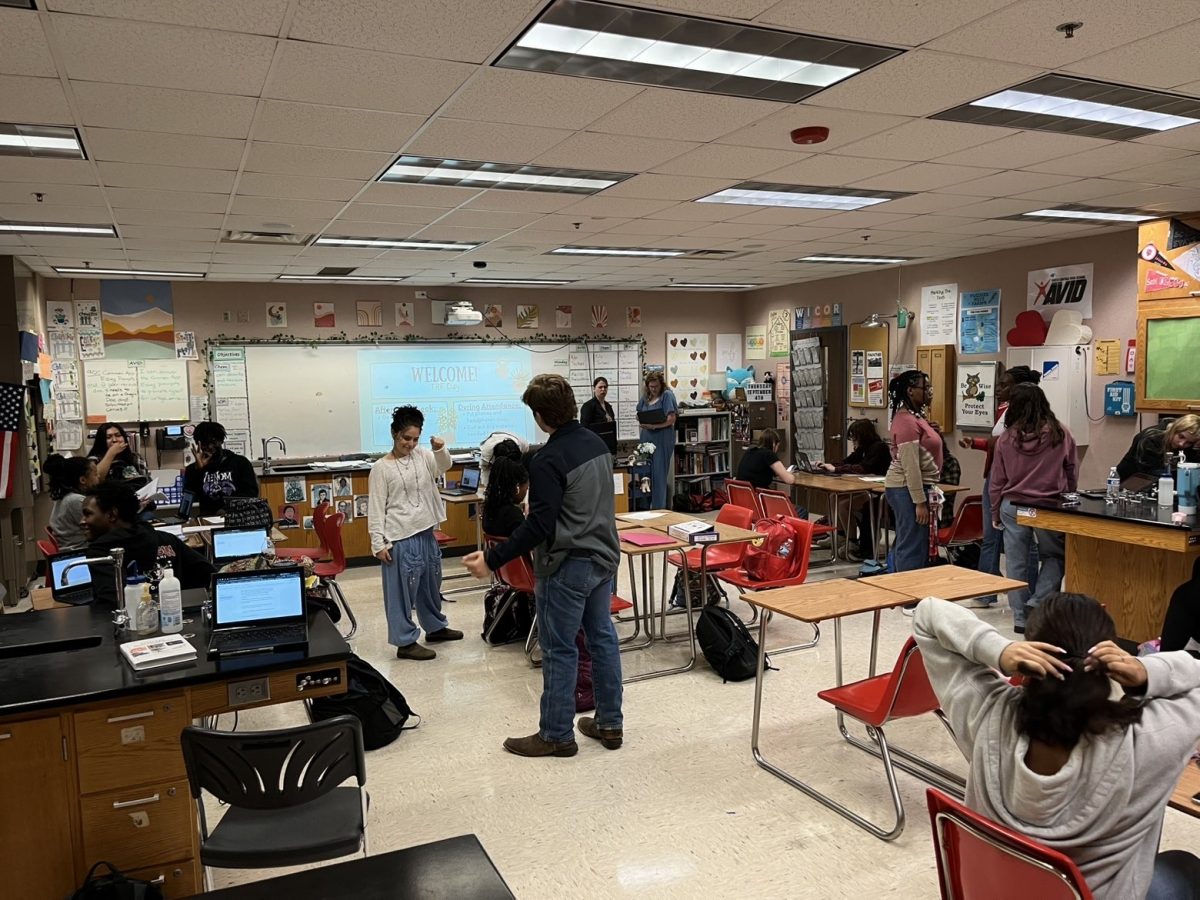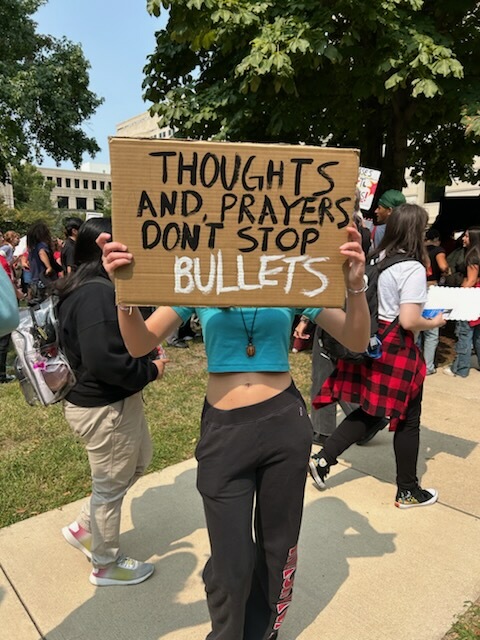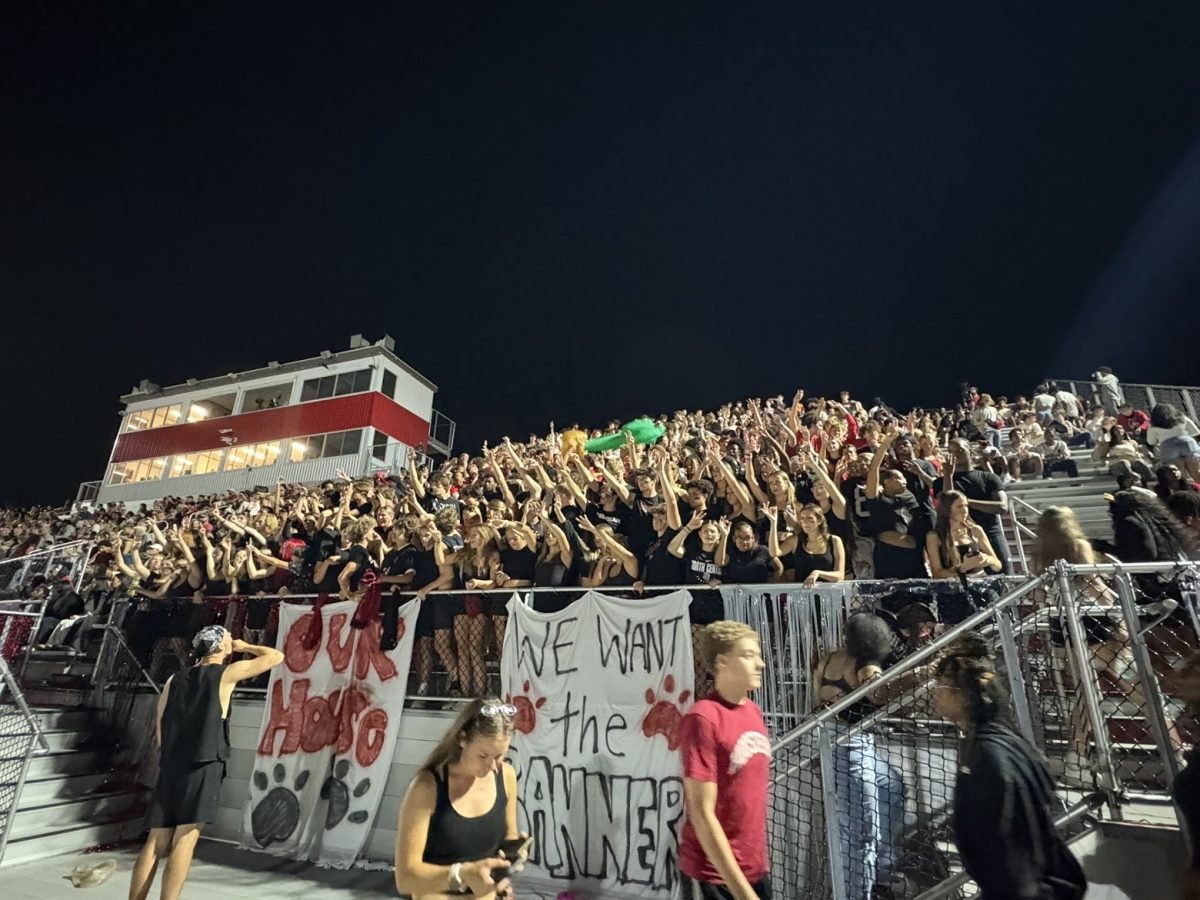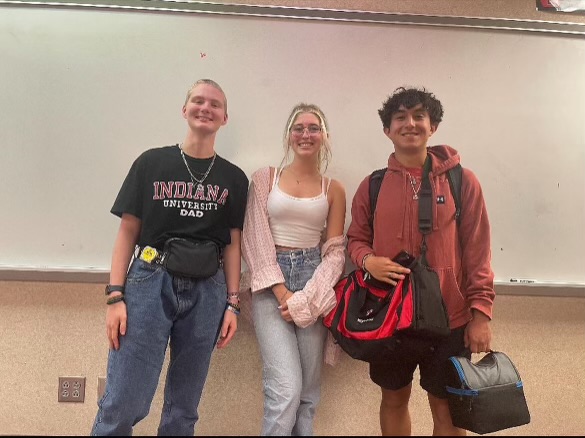
On October 7 the Islamic militant group Hamas launched an operation called “Al-Aqsa Storm” on Israeli soil. In response, Israel declared war, launching “Operation Swords of Iron” and blocking all aid, including water and fuel, to the Gaza population.
This conflict is not the first between Palestinians and Israelis in the Middle East. The area has been a hotbed for quarrels between the Islamic and Arab states since the establishment of Israel’s sovereignty in 1948.
Nonetheless, the rise of this war came as a surprise to those impacted, including students.
“It was a shock. I didn’t think that they would even attempt to do what they did. When I woke up that morning and heard the news I was just like ‘What? What do you mean?’” junior Musa Suriel said.
To some, the fact a conflict arose was less surprising than the severity in which it was carried out.
“There were conflicts before so it wasn’t super new, but the level that it rose to… that was a big change,” junior Ruthie Rosenberg said.
With this change came much publicity. The conflict, known as the Israel-Hamas War, has been at the center of international media since its start. Having that spotlight on the events brings a variety of comments, both positive and negative.
“I help run the Judaism club so I help with our Instagram. We’ve got a lot of people heckling, commenting on things – not even on any post in particular relating to Israel, just out of spite and anti-semitism,” Ruthie Rosenberg said.
Social media has become a hotspot for not only publicizing the war but for comments demeaning the situation of both sides. Similar to these online interactions are jests made in person, albeit sometimes without ill intentions.
“All of the people who don’t feel impacted or don’t really know about tend to make jokes,” freshman Barry Rosenberg said, “You never know who’s dealing with what, so it’s good to make sure that you are taking it seriously. It can hurt a lot of people even if they are not physically there. If you don’t know about it, you shouldn’t act like you do.”
While the war is occurring on the other side of the world, students are feeling its effects just as intensely as if it were occurring nearby. Not only are students connected to the country via religion but they have personal connections as well.
“I’ve known people who have died, people who have been killed, so it hasn’t been an easy week and a half,” Suriel said.
The war also shines a new light on the treatment of Jews and Muslims, a treatment that can be found world-wide.
“Realizing how much hatred there is toward all groups involved is pretty shocking,” junior Mia Schaffer said, “It definitely makes you feel a lot of fear because this is a lot of people’s lives that are being very messed up.”
With a variety of news sources covering these events, it is difficult to trust each report posted online. Misconceptions over the state of the conflict are widespread, causing mass confusion towards its purpose.
“I think there are a lot of different terms and a lot of different ideas going around,” Barry Rosenberg said, “If you know who to talk to or know who can explain it well, it will really help you get the right idea of what is going on.”
Many are becoming subject to confirmation bias, which is the tendency to seek out information to confirm prior beliefs. This impacts the way those involved are treated for it causes many onlookers to jump to conclusions without allowing the full story to be heard.
“It’s important that, as Jew Club, we acknowledge that both sides are seen as victims,” Schaffer said, “This is a war that is affecting everyone. The people in Gaza are struggling a lot and so are the people in Israel.”
There is rising concern worldwide, for there is a reputation of unprecedented brutality in Israel-Arab conflicts. President Joe Biden made a minor trip – just over eight hours – to Israel on Wednesday and asked for “unprecedented” U.S. aid for the country’s mission.
“I think Biden’s handling it about as well as he possibly could,” Suriel said.
Despite the initial support, some are skeptical that it will not last long.
“I think, as of right now, the U.S. is doing a good job showing support,” Scaffer said, “But in a week, two weeks, a month, maybe even a year that support is just not going to be as strong.”
While the U.S. aims to provide support, both for Israelis and Palestinians, local support can also be done. Reaching out or and learning about the conflict are some ways to help those being impacted by the war.
“The best way is by spreading the right information and being able to support those who feel directly impacted by this,” Ruthie Rosenberg said, “Provide that support. Check in on those people. Don’t spread the wrong information. Make sure if you think something is false or true you are checking to figure out what it really is.”

